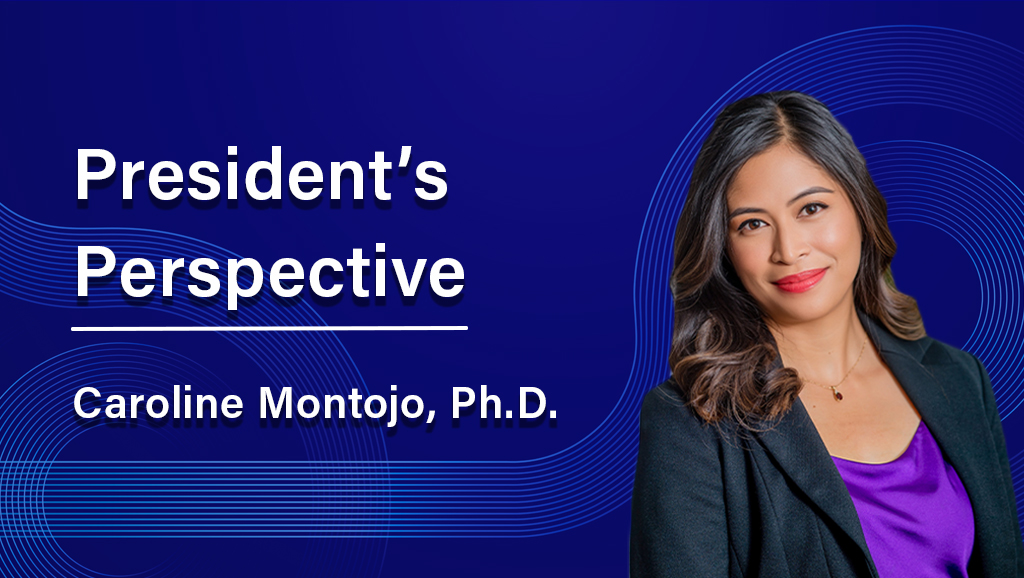News & Insights
Neuroscience and Society, a Featured Article Series by the Hastings Center

This spring, the Hastings Center Report added a new series of essays named after the field its pieces aim to explore. Neuroscience and Society produces open access articles and opinion pieces that address the ethical, legal, and societal issues presented by emerging neuroscience. The series will run roughly twice a year and was funded by the Dana Foundation NextGen program to foster dynamic, sustained conversation among neuroscience researchers, legal and ethics scholars, policymakers, and wider publics.
The first edition of the series focuses on the topic of research studies and what is owed to people who volunteer to participate in clinical trials to develop implantable brain devices, such as deep-brain stimulators and brain-computer interfaces.
Imagine you have lived with depression for most of your life. Despite trying numerous medications and therapies, such as electroconvulsive therapy, you have not been able to manage your symptoms effectively. Your depression keeps you from maintaining a job, interacting with your friends and family, and generally prevents you from flourishing as a person.
Now, imagine a new experimental therapy that requires embedding an implant inside your brain to send electric signals to the areas responsible for your depression. Since this is an experimental therapy, you receive this technology through a clinical trial. After years of struggle, this new implant provides you with enormous relief—so much so that you are once again able to fully engage with your loved ones and society. After a few years, however, the scientist running your clinical trial informs you that the trial has ended. You now have to navigate questions around continued use of the implanted device, such as where and how you will receive ongoing clinical care to keep the device up and running, and whether your insurance will pay for this.
While this scenario might sound like one from a science fiction movie, people nationwide are enrolled in clinical trials just like this. What may be surprising, however, is that there is currently no ethical consensus that informs stakeholders of brain implant studies—scientists, device manufacturers, funders, or universities that sponsor the research—of what they might owe patients after a clinical trial has ended. While regulations require researchers to inform participants about what will happen during any research study, there are currently no requirements that brain implant clinical trial stakeholders commit to providing care after the study ends. That means that the stakeholders do not have to continue giving you access to the experimental device, even if it is working.
The current issue of the Hastings Center Report features two papers that discuss this important topic. In the first paper in the series titled, “Brain Pioneers and Moral Entanglement: An Argument for Post-trial Responsibilities in Neural-Device Trials,” authors Sara Goering, Andrew Brown, and Eran Klein argue that researchers, manufacturers, and funding agencies may owe continued access to beneficial treatments to people who participate in neural-device trials (like the one described above) because of a special relationship that is created during the research study. These participants, called “brain pioneers” by the authors, are some of the first people to test and live with experimental, implanted brain devices.
In the second paper in the series titled, “Identity Theft, Deep Brain Stimulation, and the Primacy of Post-trial Obligations,” authors Joseph J. Fins, Amanda R. Merner, Megan S. Wright, and Gabriel Lázaro-Muñoz make an argument for why providing access to beneficial treatment after a trial ends may be required under disability law. Since conditions like traumatic brain injury or obsessive-compulsive disorder may interfere with an individual’s personal identity, treatments like deep brain stimulation may, in addition to alleviating symptoms, help people regain their sense of self. Thus, for the authors, disruption to potentially beneficial treatment like deep brain stimulation when a trial ends, may “recapitulate the pain of an individual’s initial injury or illness.”
A third paper titled, “Neuroscience and Society: Supporting and Unsettling Public Engagement,” provides an overview of the series. In the paper, Gregory E. Kaebnick, the editor of the Hastings Center Report, explores the role of scholarly writing in larger questions about society, deliberative public engagement, and science governance.
We invite you to read this exciting new series in the Hastings Center Report. All the papers in the series are free to download and share. But more importantly, we want to hear what you have to say about these important issues. The Hastings Center welcomes submissions to the journal and responses to the material that appears in it. You can contact the editor of the journal at kaebnickg@thehastingscenter.org.



